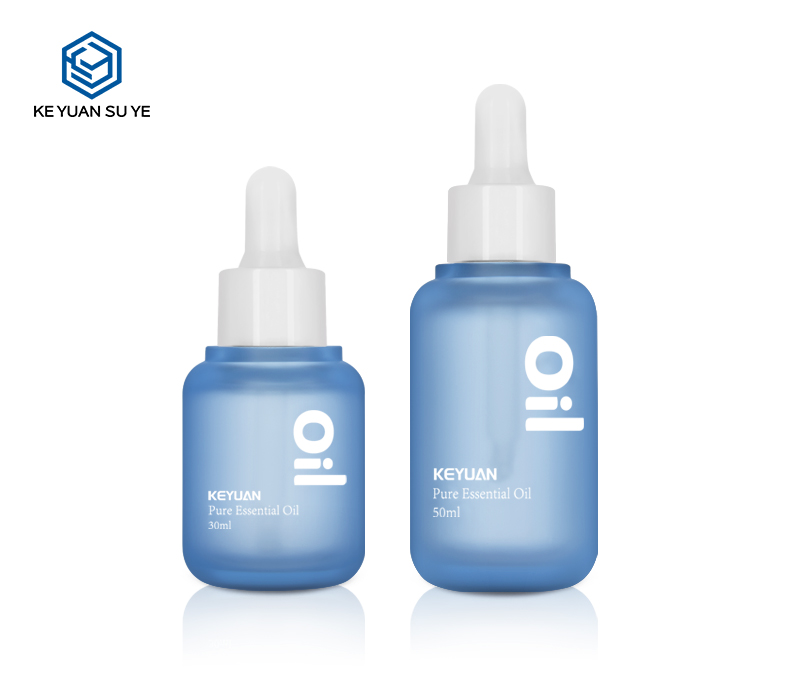What is the process of customizing Plastic Cosmetic Bottles?
Understanding the Design Requirements
The first step in customizing plastic cosmetic bottles is defining the design requirements based on the customer’s brand and product needs. Customers need to consider the shape, size, and aesthetics of the bottle, which align with the target market and brand identity. For example, luxury cosmetic brands might prefer sleek, minimalist designs, while eco-friendly brands may require biodegradable materials or recycled plastic. At this stage, manufacturers work closely with clients to understand their goals, ensuring that the bottle design complements the product and resonates with end-users.
Material Selection
The choice of material is a critical factor in customizing plastic cosmetic bottles. Manufacturers typically offer a range of materials, such as PET (Polyethylene Terephthalate), HDPE (High-Density Polyethylene), and PP (Polypropylene), each with distinct properties. For instance, PET is commonly used for its clarity and durability, making it ideal for high-end products, while HDPE is preferred for its resistance to moisture and chemicals. The material choice impacts not only the look and feel of the bottle but also its functionality, such as compatibility with various cosmetic formulas and shelf-life requirements.
Prototyping and Sampling
Once the design and material are finalized, the next step is creating a prototype. Prototyping allows customers to review the actual look and feel of the bottle, making adjustments as needed before mass production. During this phase, manufacturers typically provide samples for testing. Customers can assess how the bottle performs in real-life conditions, such as its durability, compatibility with the product formula, and ease of use. This stage is crucial for identifying any potential issues early on and ensuring that the final product meets all the client’s specifications.

Decoration and Branding
Cosmetic bottles often serve as a powerful marketing tool, so customization doesn’t stop at the shape or material. Decoration options such as printing, labeling, embossing, or hot stamping can further enhance the product’s visual appeal. Clients may choose to add their logo, product information, or specific artwork directly onto the bottle to create a unique and recognizable brand identity. In this phase, color matching is also essential, as the packaging needs to reflect the brand’s color scheme accurately, ensuring consistency across product lines.
Compliance and Testing
Before moving into full production, it’s vital to ensure that the customized bottles meet all regulatory and safety standards. For instance, the plastic used in cosmetic bottles must comply with FDA or EU regulations regarding the use of plastic in cosmetic packaging. This is particularly important for containers that may come into direct contact with the product. In addition to regulatory compliance, manufacturers often conduct various tests, including leak-proofing, drop tests, and compatibility tests with the product formula, to ensure the bottles perform as expected.
Mass Production and Quality Control
Once all the design, material, and testing phases are complete, mass production begins. Manufacturers use automated molding techniques, such as injection molding or blow molding, to produce large quantities of the customized bottles. During this stage, strict quality control measures are enforced to ensure each bottle meets the client’s standards. Any defects in shape, material, or printing are identified and rectified promptly, ensuring consistency and quality in the final product. This is critical for maintaining the integrity of the brand and avoiding any issues once the product is on the market.
Conclusion
Customizing plastic cosmetic bottles involves a multi-step process, from initial design to mass production. By carefully selecting the right material, working closely with manufacturers on prototyping, and ensuring compliance with regulations, businesses can create packaging that not only protects their product but also enhances their brand image. For customers, understanding each step of the process helps to ensure that the final product meets their functional and aesthetic requirements, ultimately leading to a successful cosmetic launch.
- 0


